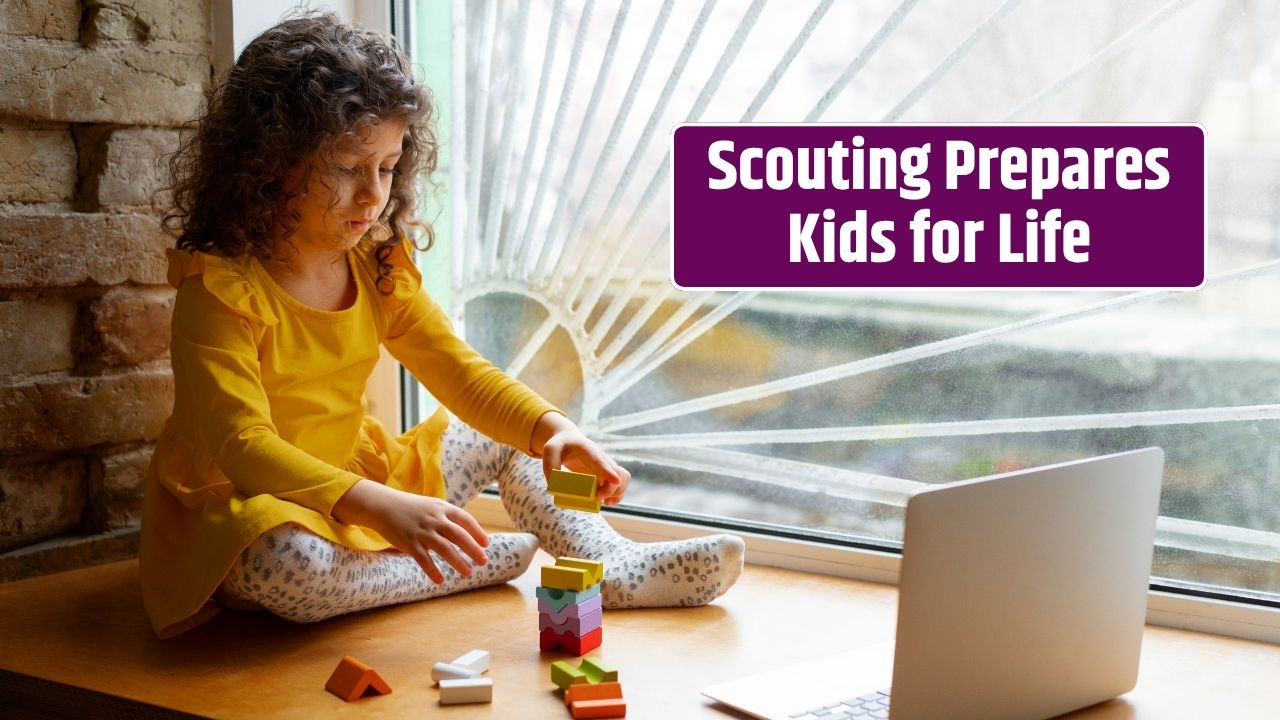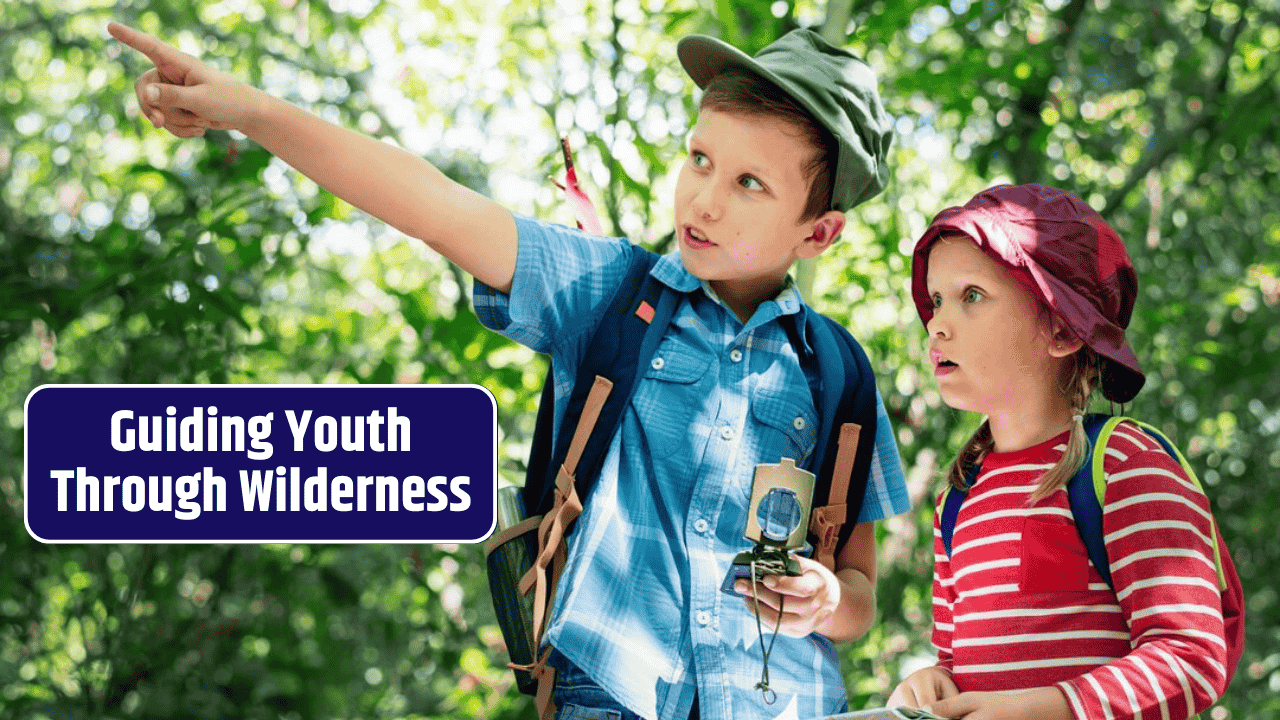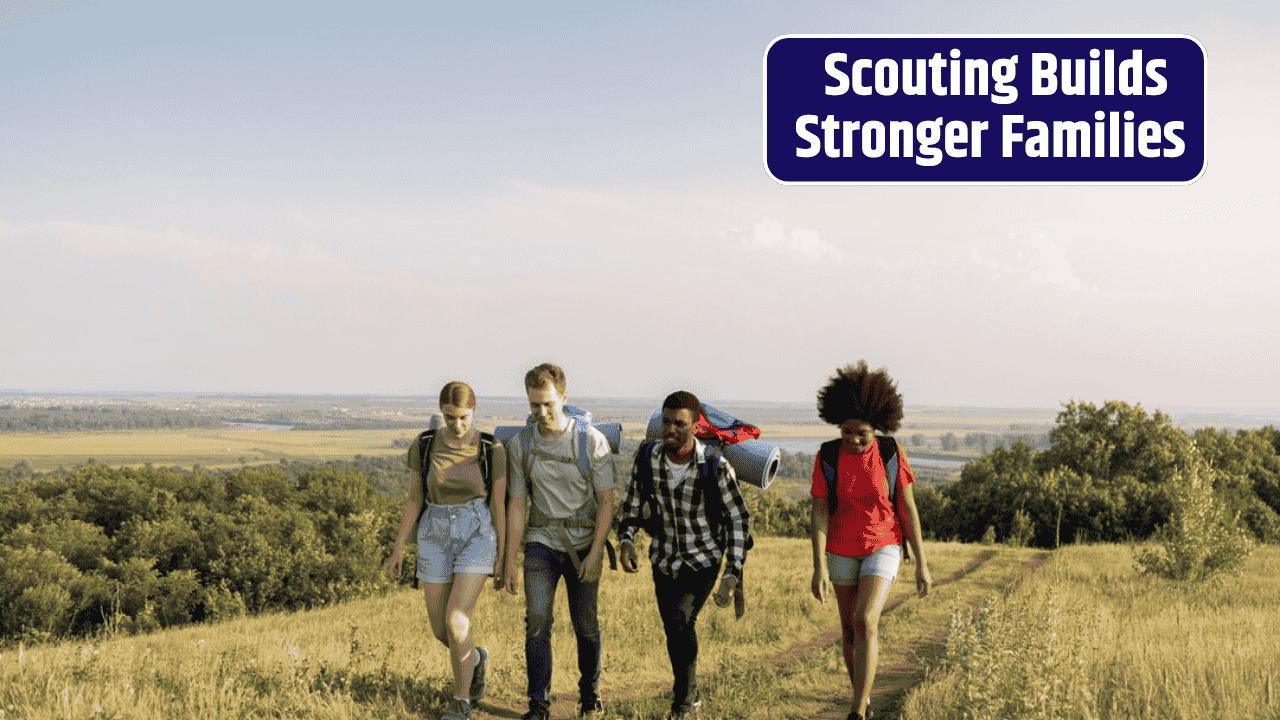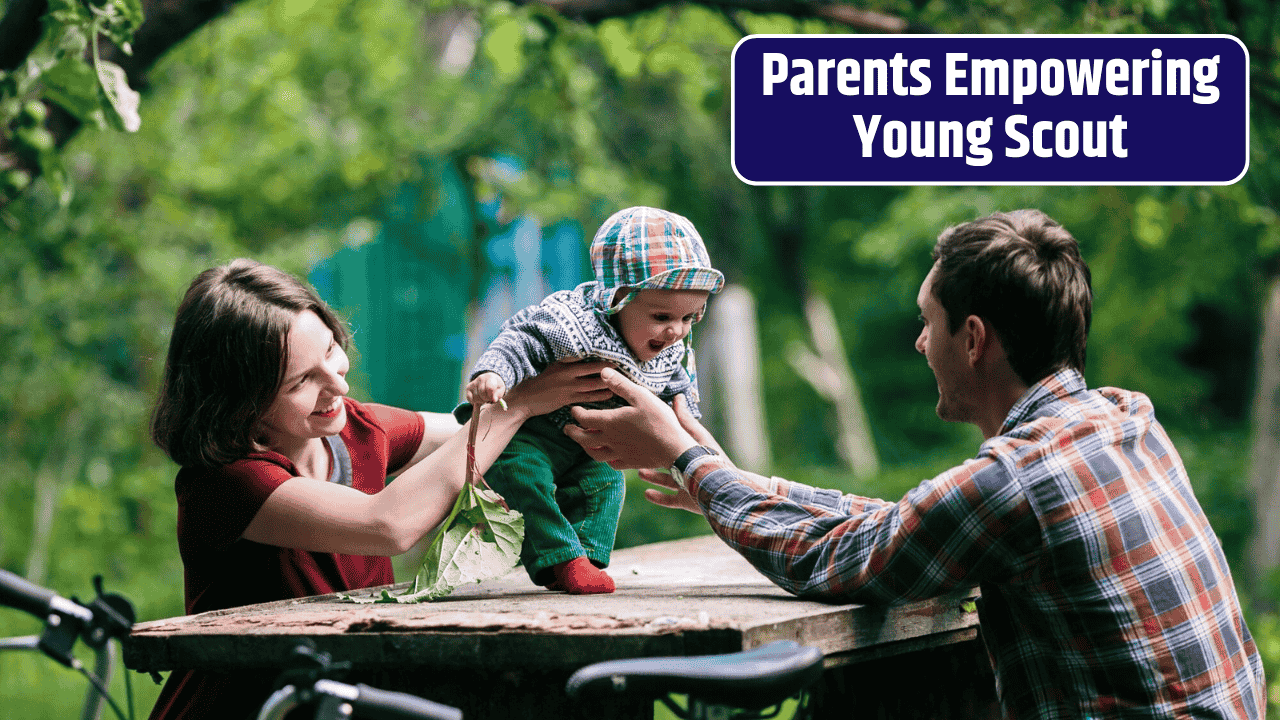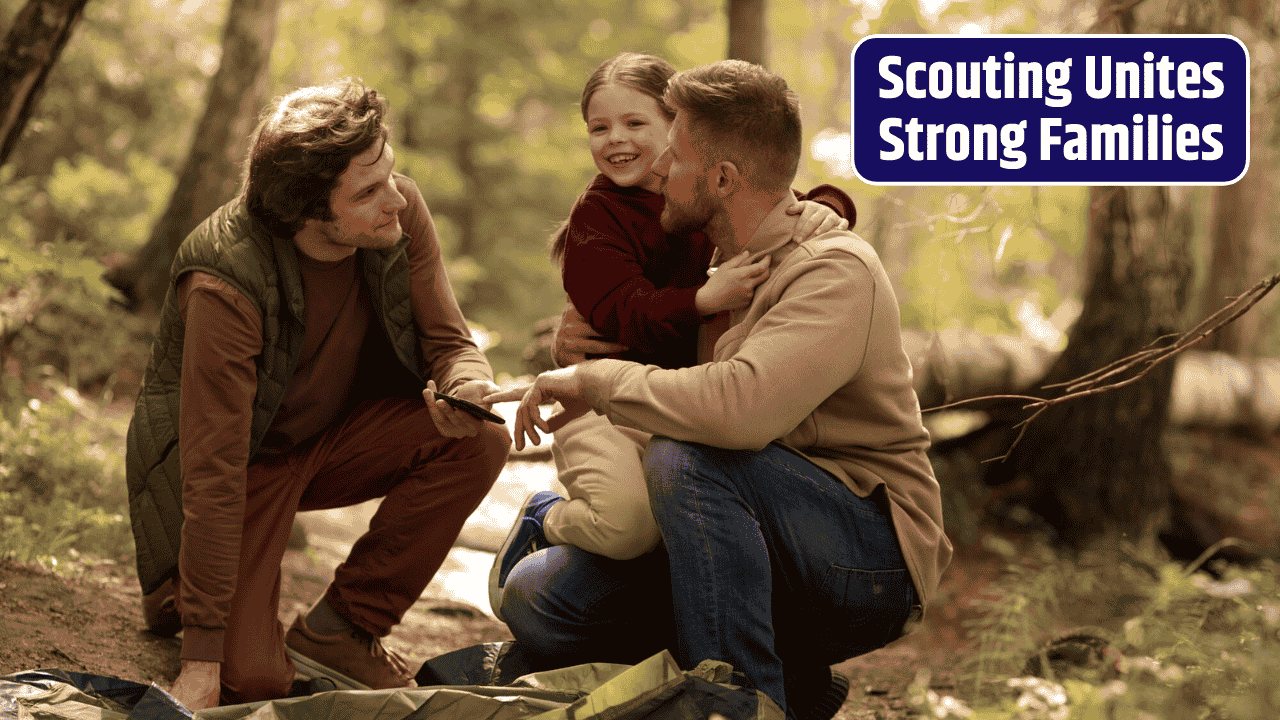Scouting isn’t just about earning badges or spending weekends outdoors—it’s a comprehensive youth development program that equips kids with the skills, mindset, and values needed to thrive in the real world. From practical know-how to leadership training, Scouting offers an early foundation for confidence, responsibility, and independence.
Here’s how Scouting helps kids transition from childhood to capable, community-minded adults.
Builds Practical Life Skills
Scouting teaches kids how to cook, budget, navigate, first aid, fix things, and more. These aren’t abstract lessons—they’re hands-on skills kids can use every day. Through earning merit badges, Scouts gain experience in areas like:
- Personal finance
- Emergency preparedness
- Citizenship
- Time management
- Environmental stewardship
These experiences encourage independence and resourcefulness, traits that are critical for adulthood.
Fosters Leadership and Teamwork
From their first troop meeting, Scouts are given real responsibility. Whether leading a hike, organizing a service project, or helping younger members, they’re constantly developing leadership skills. Scouting teaches:
- Decision-making under pressure
- Public speaking and communication
- Delegation and team management
- Problem-solving and critical thinking
These are the same skills that employers, colleges, and communities value in future leaders.
Encourages Goal Setting and Accountability
Scouting is built on a structured system of achievements—from rank advancements to merit badges—that require planning, effort, and follow-through. Kids learn to:
- Set clear goals
- Make action plans
- Work consistently toward success
- Reflect and improve when things don’t go as planned
This goal-driven structure teaches discipline and accountability—key to succeeding in school, work, and life.
Promotes Character and Ethics
The Scout Law and Oath are more than mottos—they’re lived values. Scouts are taught to be:
- Trustworthy
- Loyal
- Helpful
- Kind
- Brave
These values become guiding principles that influence decision-making, relationships, and resilience—especially in challenging situations.
Builds Resilience Through Outdoor Adventure
Camping, hiking, and survival challenges teach Scouts to adapt and persevere. In nature, kids learn to:
- Push through discomfort
- Solve unexpected problems
- Work as a team
- Appreciate risk and responsibility
These experiences help them develop grit, emotional intelligence, and a growth mindset—traits that carry into adulthood.
Connects Kids to Community and Service
Scouts are deeply involved in service projects that improve their schools, neighborhoods, and environment. These experiences show kids the power of giving back and teach them to:
- Empathize with others
- Identify community needs
- Take initiative in solving problems
It’s the foundation of civic engagement—and a mindset that lasts long after they age out of the program.
FAQs
What age can kids join Scouting?
Scouting programs start as early as age 5 with Cub Scouts and continue through age 17 with Scouts BSA.
Is Scouting only for kids who like the outdoors?
No. While outdoor activities are important, Scouting covers topics from STEM to civics to personal development. There’s something for every interest.
Can girls join Scouting?
Yes. Scouts BSA is fully co-ed, with single-gender troops for boys and girls.
Does Scouting help with future careers or college?
Definitely. The skills, service, and leadership experience gained in Scouting enhance college applications and job readiness.
